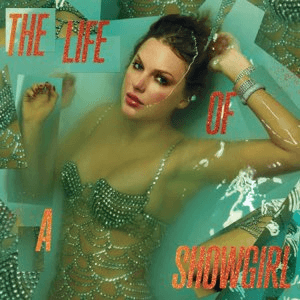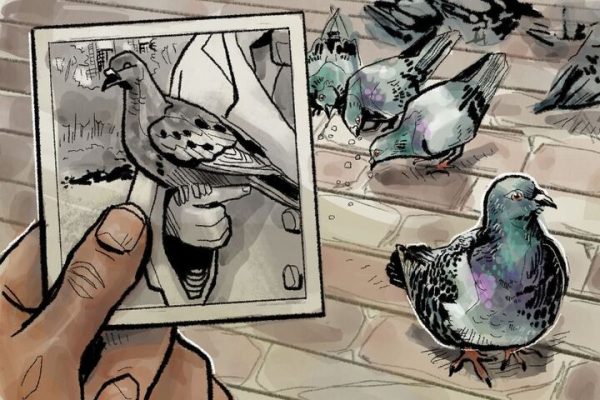Tunnel of Oppression: Good intention, overwhelming execution
I walked into a dimly lit room with words of hate and discrimination lining the walls in the Rhatigan Student Center and found solace within the confines of my extraordinarily bland reporter’s notebook.
I wrote vigorously, trying to document the influx of sights and sounds as vividly as possible. Mid-sentence, with my pen still to paper, the lights flicker off and I was left in complete darkness along with 15 other people. Without warning, the sounds of vulgar slurs such as “slut,” “dyke,” “cracker,” “nigger,” “bitch,” “fat ass,” “she-male,” “terrorist” and a montage of others blared through the thick, stale air. The room, once welcoming to an unsuspecting crowd, grew uncomfortably offensive.
I tried to limit my expectations and enter with an open mind after walking into the Tunnel of Oppression, but as I moved from room-to-room, scene-to-scene, I couldn’t help but become increasingly overwhelmed.
I applaud the Office of Diversity and Inclusion for fearlessly bringing awareness to the oppressive issues plaguing our society. I think it is undeniably important to bring awareness to issues such as discrimination, sexual assault, body-image, same-sex marriage, religion (Islamophobia), suicide, depression, rape, gun violence, police brutality, stereotypes and more to inform the unknowing and inspire movements toward social change.
However, I think the message and overall intention of the tunnel became lost in the intense, emotionally provocative whirlwind of information. Although I assume many visitors were profoundly moved and affected by the tunnel experience (hence the counselors awaiting our exit to help us “debrief and decompress”), I wasn’t surprised by or unaware of the issues being presented.
Because the tunnel revealed a new topic at each station, with each station only lasting a couple of minutes, I found myself losing focus. Even though this approach provided a crash-course to many oppressive issues in society, it left little time for processing.
I think the tunnel would have had a more profound effect on me if each issue had addressed with its own tunnel. That way, the attendees would have time to delve into specific topics and realize the full extent of an issue.
The quick skits, movies, images and audio pieces depicting two handfuls of topics did not adequately illustrate the complexity and prevalence of each issue. But, I am glad ODI is making the effort to bring these pressing issues to light in a powerful way.
As a white, female college student, I am aware of the privileges the color of my skin inherently provides. I am also aware that social change can more effectively be enacted by the privileged. As mentioned in the post-tunnel counseling session, when the oppressed stand up against injustice, they are seen as fulfilling their stereotype.
For example, when a black woman stands up against injustice, she is stereotyped as an angry black woman.
When a black man stands up against injustice, he is stereotyped as an aggressive black man.
When a Muslim stands up against injustice, he/she is stereotyped as a hostile terrorist.
When the privileged stand up against injustice, they are viewed as brave activists for social change and equality.
We fall victim to this double standard because of the stereotyping we, as a society, partake in each day.
If the privileged have the power to elicit change because of a lack of stigmatized opinions against them, then advocating for the virtually voiceless can combat all oppression, discrimination and, ultimately, racism. This starts with society becoming culturally competent and avoiding overgeneralizations of a certain race, gender or sexuality based on preconceived notions or ideas.
The next time you find yourself stereotyping, even if it seems innocent enough like calling a blonde dumb because of her hair color, know that you are contributing to a larger more detrimental issue that affects our society.
The Tunnel of Oppression proved to be intimidating, intense and thought-provoking, but the approach left me with more questions than answers.







